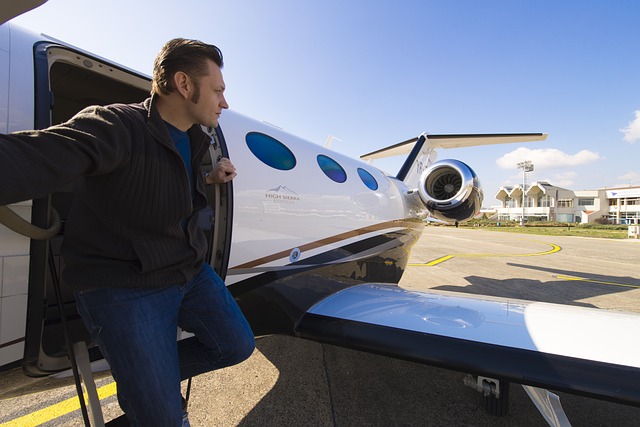The Benefits of Traveling in a Private Business Jet
For today’s top entrepreneurs, owning a private jet is increasingly viewed as a practical investment rather than just a luxury. Beyond comfort and convenience, private aviation can support business efficiency and may offer tax-related advantages — depending on your situation.In this article, we explore how private jet ownership can align with your business goals, streamline operations, and support smarter travel decisions — all while offering a new level of flexibility and control.

Enhanced Productivity During Business Travel
Private jets effectively transform into flying offices, allowing executives to conduct meetings, make crucial decisions, and maintain productivity throughout their journey. The private cabin environment enables confidential discussions without concerns about sensitive information being overheard. With reliable Wi-Fi connectivity, comfortable workspaces, and the ability to bring entire teams aboard, every flight becomes an opportunity for meaningful work and collaboration.
Superior Schedule Flexibility and Time Efficiency
One of the most significant advantages of private business jet travel is the ability to operate on your own schedule. Unlike commercial flights, private jets can typically access over 5,000 airports in the United States alone – nearly ten times more than commercial airlines. This expanded access means flying closer to your actual destination, reducing ground transportation time and allowing for multiple meetings in different cities within a single day.
Elevated Privacy and Security Standards
Private aviation provides an exceptional level of discretion and security for business travelers. From private terminals and dedicated security screening to controlled passenger manifests, every aspect is designed to protect sensitive business operations. This heightened security extends to protecting intellectual property and ensuring confidential discussions remain private throughout the journey.
Cost Considerations and Investment Analysis
Private jet travel requires significant financial investment, with various ownership and usage options available:
| Ownership Type | Estimated Initial Investment | Operating Costs (Annual) |
|---|---|---|
| Full Ownership | $3-50M | $700K-4M |
| Fractional Ownership | $275K-1.5M | $150-400K |
| Jet Card Programs | $100-400K deposit | Pay-as-you-go |
| Charter Services | No ownership cost | $2,500-20,000 per flight hour |
Prices, rates, or cost estimates mentioned in this article are based on the latest available information but may change over time. Independent research is advised before making financial decisions.
Maximizing Return on Investment
The true value of private jet travel emerges when considering the broader business impact. Companies can realize significant returns through:
-
Ability to visit multiple locations in a single day
-
Reduced overnight stays and associated expenses
-
Increased face-time with clients and partners
-
Better work-life balance for key executives
-
Enhanced ability to respond quickly to business opportunities
Environmental and Sustainability Considerations
Modern private jets are increasingly fuel-efficient and many operators offer carbon offset programs. While the environmental impact per passenger is higher than commercial travel, newer aircraft models incorporate sustainable aviation fuel options and improved aerodynamics to reduce their carbon footprint.
The decision to utilize private business jet travel represents a strategic choice that balances costs against tangible business benefits. While the initial investment is substantial, organizations that require swift, secure, and flexible travel solutions often find that private aviation provides essential advantages that support their broader business objectives. The key lies in carefully evaluating your specific needs and choosing the most appropriate private aviation solution for your organization’s requirements.




